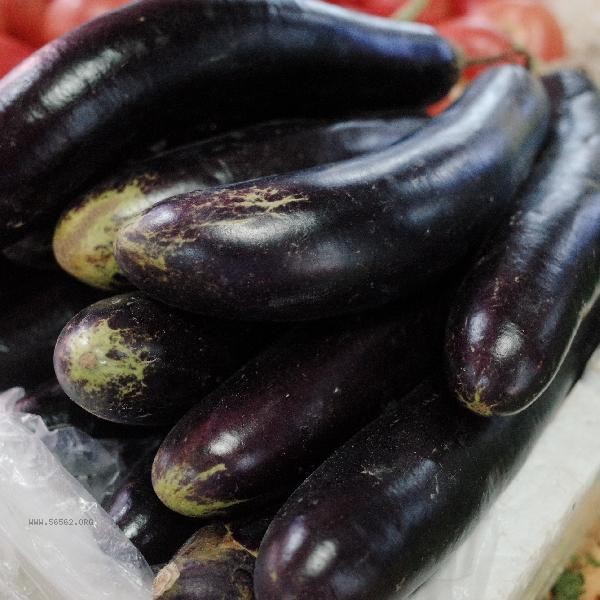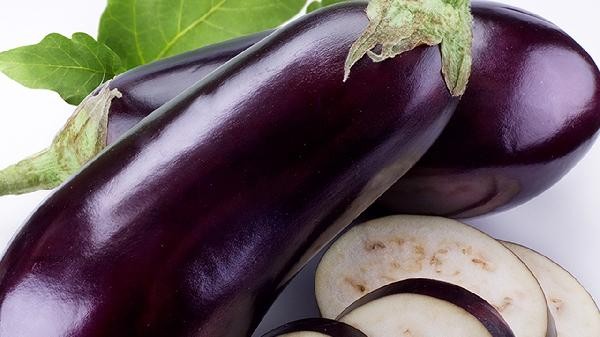Eggplant with a blackened heart is generally edible, but it is not recommended to consume if it is accompanied by an odor or mold. The blackening inside eggplants may be caused by oxidation reactions, low-temperature freezing damage, or excessive ripening, and usually does not affect safety. The most common reason for the internal blackening of eggplants after cutting is the oxidation of phenolic substances. Eggplant contains natural polyphenolic compounds, which undergo enzymatic browning upon exposure to air, similar to the phenomenon of blackening of apple slices. This color change does not produce harmful substances, and the remaining part can still be safely consumed after removing the blackened part. Soaking in light salt water or blanching quickly before cooking can slow down the oxidation process. If eggplants develop frostbite like black hearts due to low storage temperatures, their cell structure may be damaged, resulting in a poorer taste, but they can still be consumed after high-temperature cooking. In rare cases, the blackening inside eggplants may be caused by microbial infections such as Alternaria, often accompanied by spoilage characteristics such as stickiness and sourness. This mold can produce harmful metabolites such as penicillin, which are difficult to completely destroy even when heated at high temperatures. If the eggplant shows radiating black spots, soft texture, or emits a lees smell inside, it should be discarded immediately. Choose eggplants with smooth and shiny skin and fresh green calyx when purchasing, and avoid refrigeration during storage to reduce the probability of spoilage.

It is recommended to cut and make eggplants for daily consumption. Uncooked diced eggplants can be soaked in salt water to isolate them from the air. Elderly people and those with weak gastrointestinal function should avoid consuming eggplants that have been stored for too long. If symptoms such as abdominal pain and diarrhea occur, they should seek medical attention in a timely manner. Eggplants are rich in anthocyanins and chlorogenic acid, and moderate consumption can help with antioxidant properties. However, eggplants that have sprouted or have ulcerated skin contain solanine toxins and should be discarded whole.










Comments (0)
Leave a Comment
No comments yet
Be the first to share your thoughts!